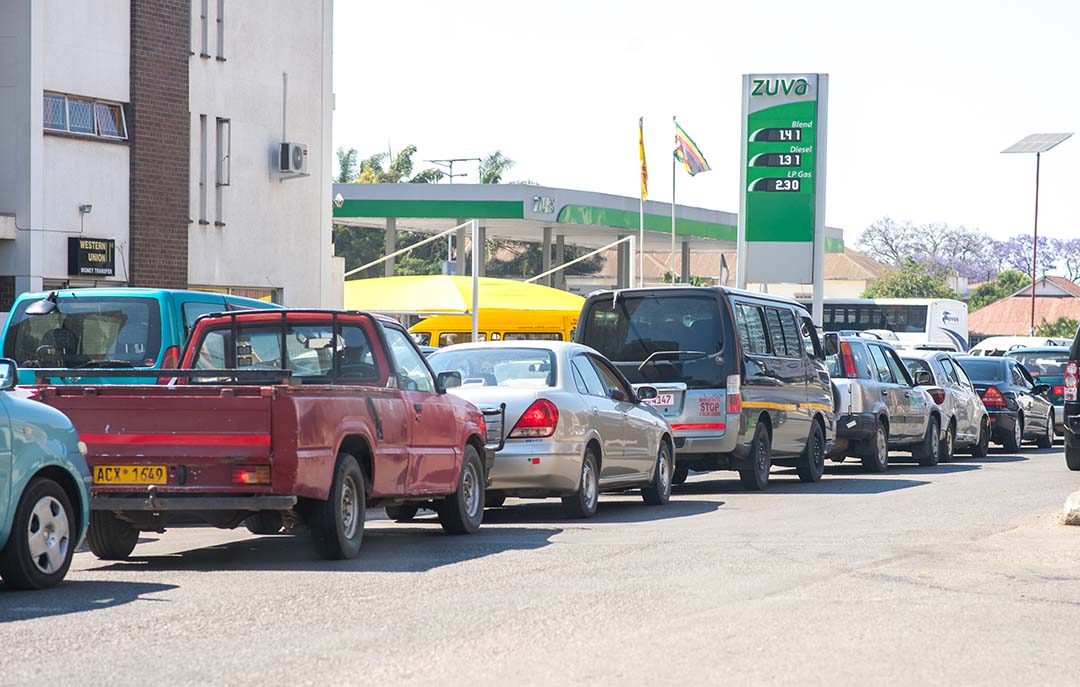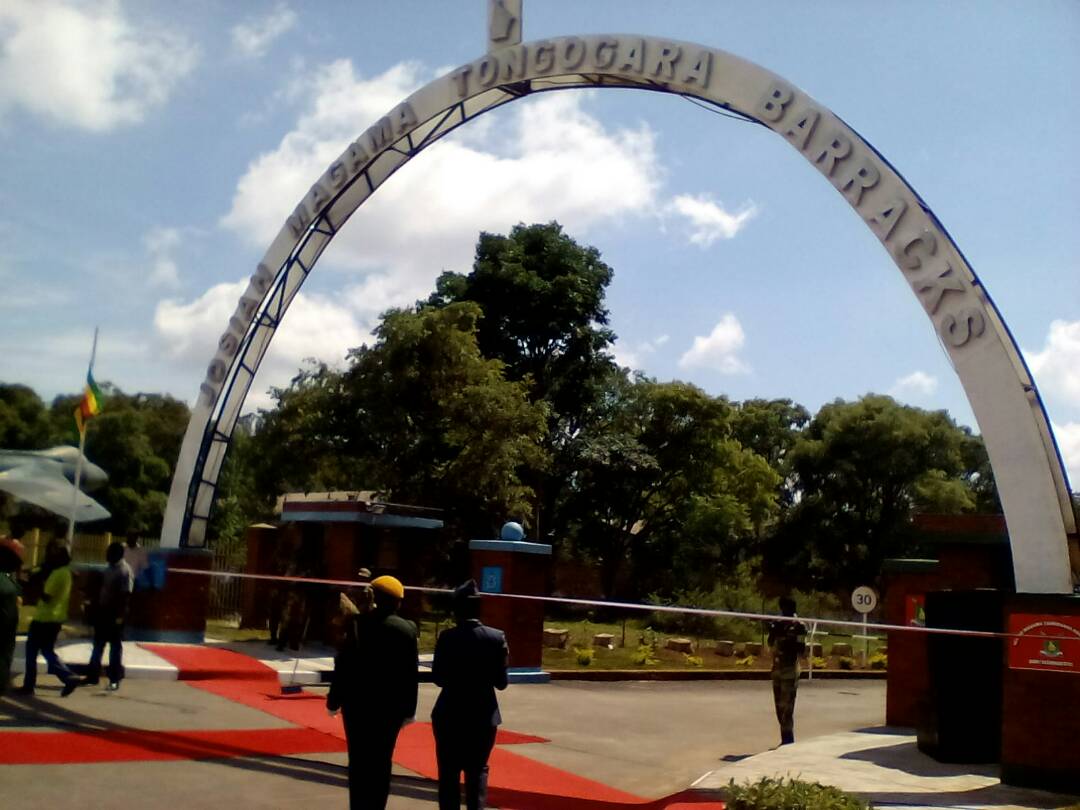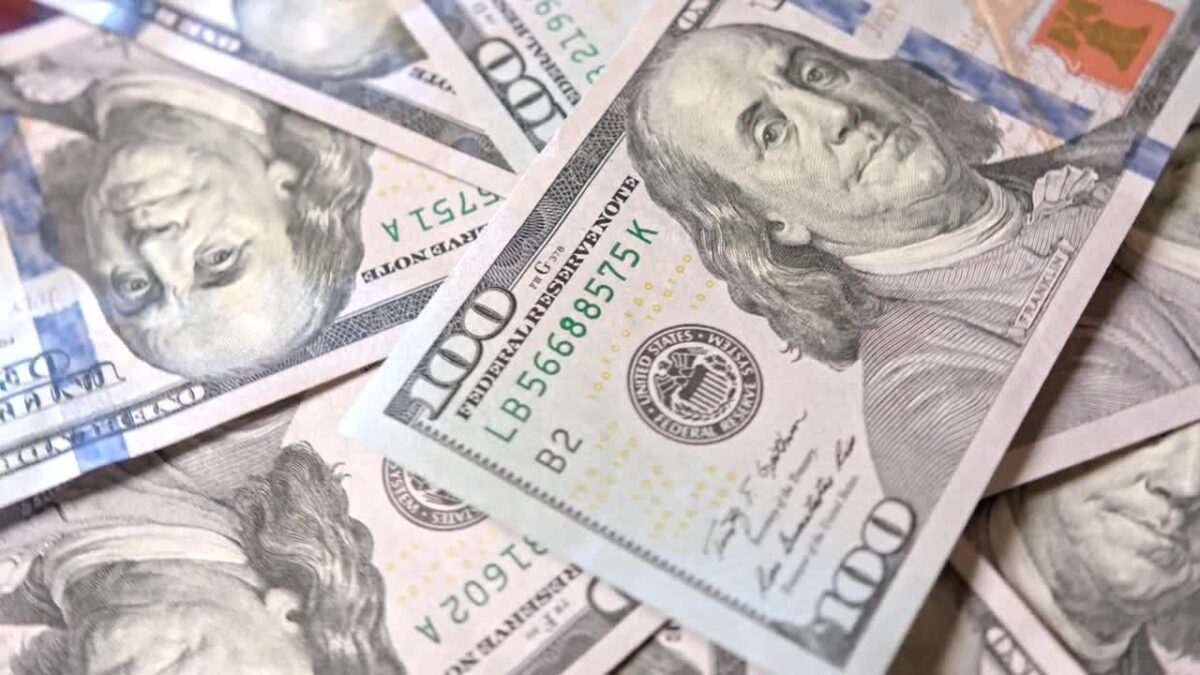ZIMBABWE’S fuel is being sourced exclusively through Trafigura, the Singapore-based commodity brokerage firm with ties to Sakunda Holdings.
In the past, Zimbabwe through NOCZIM purchased its fuel directly from oil producing countries such Yemen, Saudi Arabia, Kuwait and the United Arab Emirates. Kuwait, though, was the main source.
In recent years, NOCZIM or NOIC as it is now known, has lost its pivotal procurement role to middlemen, particularly Sakunda boss Kudakwashe Tagwireyi and his partners from Singapore.
Trafigura is of course imposing serious fees and commissions on this. So, Zimbabwe’s fuel is expensive because of cartels, not the so-called sanctions.
Then you have the fuel pipeline from Beira, which nominally is leased to Glencore but in reality another cartel directly linked to very senior people in the Zanu PF hierarchy controls it.
A few months ago, Zimbabwe rejected an offer by a South African company to construct an alternative pipeline from Beira.
Then you have the fuel retail sector which essentially is monopolized by two key players, ZUVA and PUMA. The shareholding of these two companies is fascinating.
The pipeline cartel controls ZUVA, and PUMA Zimbabwe is a marriage between Tagwireyi’s Sakunda fuel outlets and Trafigura’s global fuel retailing franchise PUMA (no relation of course to the German sportswear manufacturer using the same name).
Enter Billy Rautenbach and his Green Fuel into the mix.
Zimbabwe is the only country in the world that has both demand side and supply side monopoly on blended fuel.
By operation of a dubious 2013 Statutory Instrument which was challenged in court in 2014 (the Constitutional Court is still to hand down judgment), ethanol can only be purchased from a company that is in a joint venture agreement with the government. That in fact is a euphemism for Rautenbach.
Then, contrary to the position in most countries, consumption of blended fuel is also compulsory. Rautenbach charges around US$1.20 per litre for his product, yet one can import from Brazil a litre of ethanol for US$0.50 Free On Board.
Once again the sanction issue is just a ruse. An instrument of deflection, diversion and deception.
Evidence received before Parliament’s Public Accounts Committee is that fuel importers, a euphemism for Tagwireyi and his lot, are receiving heavy subsidies from the RBZ.
Whilst every importer is purchasing US$ from the central bank at the interbank rate (truth is there is no interbank market and everyone is operating from 4th Street), fuel companies are being offered US$ at premium rates way below the interbank or street rate. That preferential rate has been ranging between 1:8 and 1:13.
The sad thing is that the fuel subsidy to Tagwireyi and his lot can easily ensure that Zimbabwe purchases the 400 MW required to eliminate the primitive 18-hour load shedding.
The suggestion that the authorities should simply dollarise all fuel transactions in Zimbabwe to eliminate arbitrage and rent behaviour has flatly been rejected. This is for the simple and good reason that if the market were to operate normally, the cartels would collapse.
The truth, however, is that with dollarisation there will be both price and supply stability. So with great respect, the sanctions argument cannot and does not sell or sail.
Tendi Biti is the MDC vice president and MP for Harare East
















